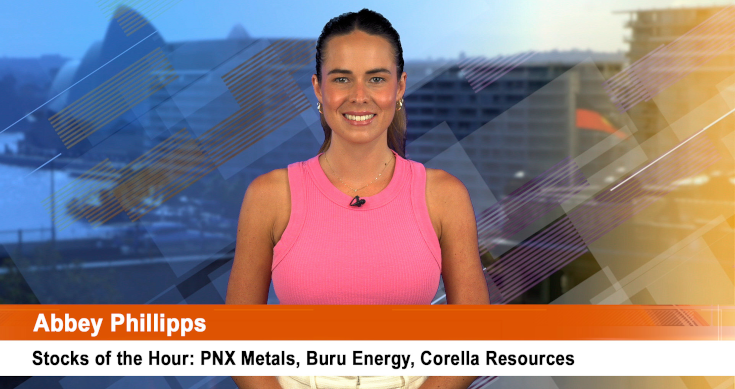AA+ rated from Standard and Poor’s and with more than US$200bn of cash on its balance sheet Apple bonds are considered to be safe haven investments
Last month global corporate giant Apple issued three bonds in Australian dollars. Combined, the $2.25 billion issue was the largest ever corporate bond deal in Australia’s history, more than double that of the $1 billion BHP Billiton issued in 2012.
Importantly, the bond issues were the first time Australian investors could access the international powerhouse in Australian dollars. Apple shares are not available on the ASX but investors can now buy the bonds from as little as $10,000.
Bond details
Apple issued three bonds – two with a four year term – one fixed and one floating rate of interest. The fixed rate bond raised A$440 million and pays 2.85 per cent per annum. While the floating rate bond raised A$700 million and pays 3 month Bank Bill Swap Rate plus a margin of 65 basis points, the equivalent of 2.85 per cent at first issue.
The largest of the three bond issues was a seven year fixed rate bond paying 3.7 per cent, raising $1.15 billion.
Reasons to invest
There are many reasons why institutional investors found the bonds compelling, despite the seemingly low returns, here are just a few:
- Diversification
Apple is one of the world’s largest international corporations and this is the only opportunity to invest directly in the company in Australian dollars. Generally, new corporate bond issues that are not from a financial institution are highly sought after given that much of the domestic bond and share markets are dominated by banks.
- Rated by Standard and Poor’s as AA+
Few global companies have such a high credit rating, meaning the company has a low risk of default. This provides investors with a lot of certainty in terms of being paid interest and getting capital back at maturity. Over the last 33 years, Standard and Poor’s global cumulative chance of default for a AA+ rated security over seven years was just 0.29 per cent.
- The return given the risk is attractive
The only other AA+ rated corporation that has outstanding Australian dollar bonds is General Electric Capital Corporation. It has a bond maturing in four years with a yield to maturity of 2.64 per cent, less than the 2.85 per cent offered for a comparable period by Apple. BHP Billiton (three credit rating notches lower) has a fixed rate bond maturing in 2023 with a current yield to maturity of 3.63 per cent, a lower return and a longer term than Apple’s seven year bond offering 3.7 per cent.
- Safe haven status
This bond, along with other highly rated bonds issued by the Commonwealth and state governments and other low risk corporations will be viewed as a “safe haven” investment option. A lot needs to go wrong for investors to lose money. Apple has over US$200 billion of cash on its balance sheet which contributes to this status. If a major stress event occurs, all three Apple bonds will be much sought after, particularly the fixed rate bonds, pushing the prices higher and delivering profits to institutional investors.
- Institutions are confident that interest rates will remain low for the life of the bonds
Interest rates are low and forecast to remain low for some years. Institutional investors would have shunned the fixed rate bonds if they expected interest rates to rise strongly in the next seven years.
- Likelihood the bonds will be included in the Bloomberg AusBond indices
This means funds trying to replicate the indices will need to hold it in their portfolios and thus ensures a certain level of continued underlying demand.
The bonds were first issued with minimum investment parcels of $500,000. FIIG has broken down the parcels and wholesale investors can now buy Apple bonds from just $10,000 with a minimum upfront spend of $50,000.








